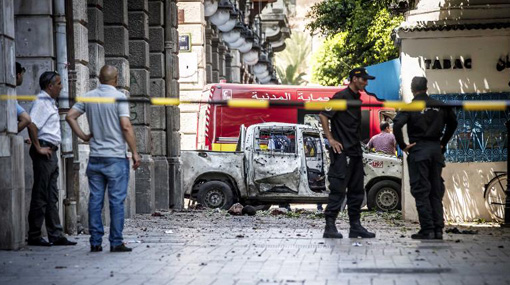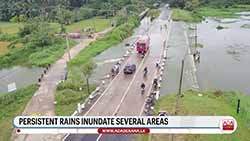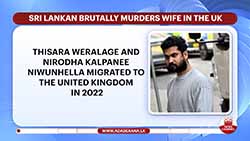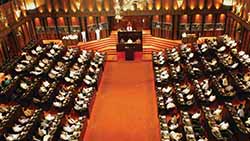Tunisia shaken by twin suicide bombings and illness of president
June 28, 2019 12:02 pm
Tunisia’s ageing president, Beji Caid Essebsi, a major figure in the country’s transition to democracy in the wake of the Arab spring, is in critical condition in hospital, officials have said.
News of Essebsi’s illness adds to an already dramatic day in Tunis, where two suicide bombers blew themselves up in separate attacks on police in the capital, killing one officer and wounding eight other people.
Reports in Tunisian and Algerian media that the 92-year-old leader had died were false, the presidency said on Thursday, but Essebsi “was taken seriously ill and transferred to the military hospital in Tunis”.
Shortly afterwards a key adviser, Firas Guefrech, said on Twitter that the president was in “critical condition”. Essebsi was admitted to hospital for routine tests last week.
There was no immediate claim of responsibility for the suicide attacks, which come at the peak of a tourism season in which Tunisia is hoping to attract record numbers of visitors, and a few months ahead of a general election.
The first bombing targeted a police patrol on Charles de Gaulle Street in central Tunis. One officer was killed and at least one other officer and three civilians were wounded, the interior ministry said.
Shortly afterwards, a second suicide bomber blew himself up near a police station in the al-Qarjani district. Four people were wounded, the interior ministry said.
Heavily armed police sealed off the areas where the attacks took place.
Unlike many other countries in the Middle East, Tunisia has largely avoided the violence triggered by the 2011 uprisings around the region which ended the rule of several long-term despots, including the 24-year tenure of the former Tunisian president Zine al-Abidine Ben Ali.
In October, a woman blew herself up in the centre of Tunis, injuring 15 people including 10 police officers. That explosion broke a period of calm after dozens died in militant attacks in 2015.
Security has improved since authorities imposed a state of emergency in November 2015 after those attacks – one at a museum in Tunis and another on a beach in Sousse. A third attack targeted presidential guards in the capital and killed 12. Islamic State claimed responsibility.
Those attacks scared off holidaymakers and investors, worsening an economic crisis.
Tunisia is often described as the lone success story of the Arab spring for slow but steady progress towards democracy, despite extended economic problems.
However, the country has been battling militant groups in remote desert areas on the border with Algeria since Ben Ali was toppled and high unemployment has stoked unrest.
Source: The Guardian
-Agencies












